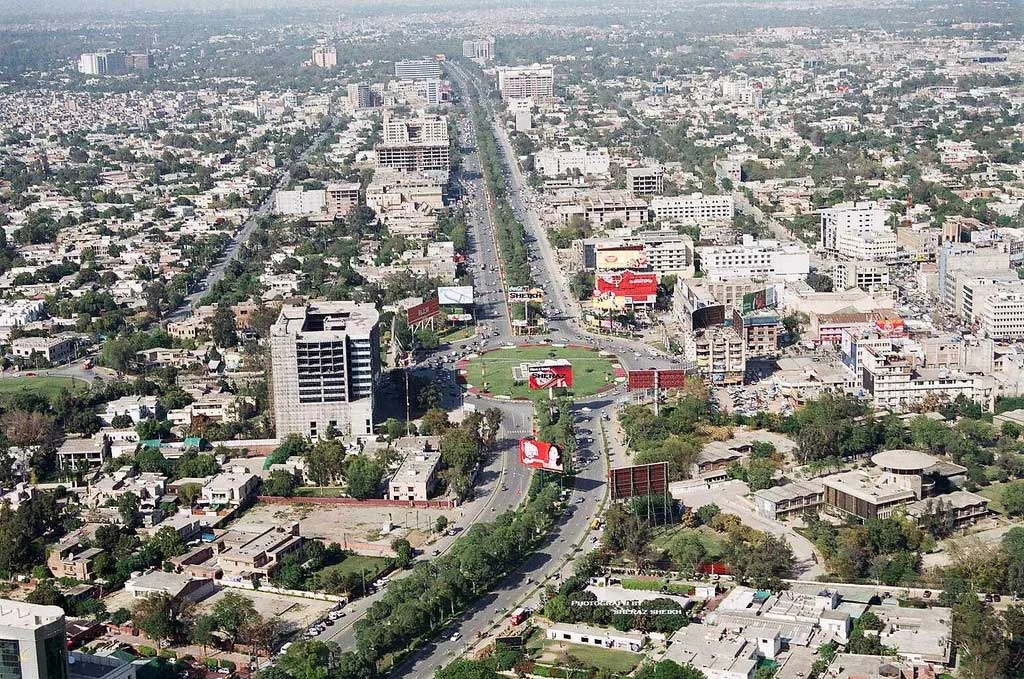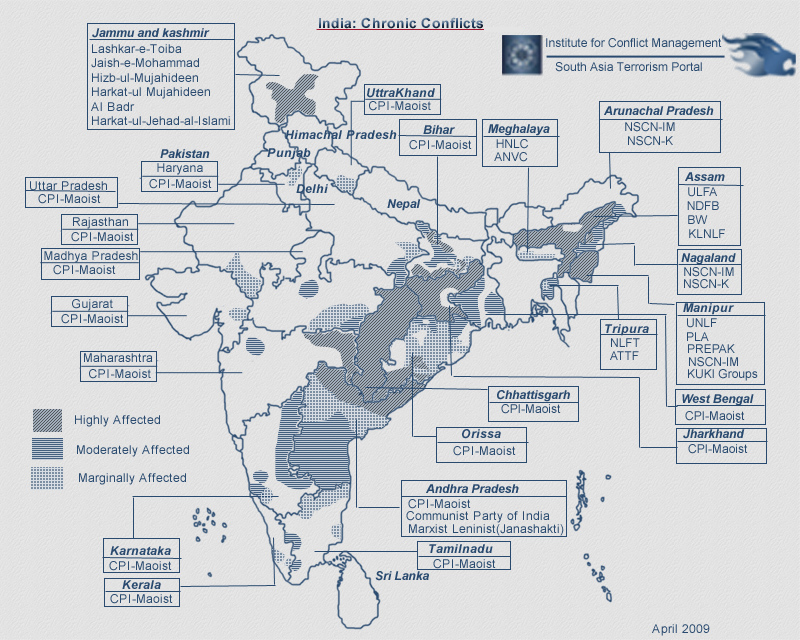Asad Hashim | | War & Conflict, Asia, Pakistan, Yemen
Lahore, Pakistan - Pakistan’s parliament has unanimously passed a resolution affirming the country’s "neutrality" in the Yemen conflict, in a move that indicates the South Asian country will not be joining a Saudi-led military coalition that is currently fighting Houthi rebels in Yemen.
A joint session of parliament has been debating the issue in the capital Islamabad all week, and unanimously passed the resolution, presented by Ishaq Dar, the finance minister, on Friday afternoon.
The resolution expresses the "desire that Pakistan should maintain neutrality in the Yemen conflict", while reaffirming Pakistan’s "unequivocal support of the Kingdom of Saudi Arabia".
Members of parliament agreed that Pakistan would "stand shoulder to shoulder" with Saudi Arabia in case of a violation of that country’s territorial integrity, or a threat to Muslim holy sites in Mecca and Medina.
The vote on Friday comes on the heels of frenetic diplomatic activity, with Mohammad Javad Zarif, Iranian foreign minister, in Islamabad for a two-day visit that concluded on Thursday, following Pakistani leader Nawaz Sharif’s meetings in Turkey with that country’s leadership on the issue.
Pakistani leaders have also met senior Saudi officials in Riyadh in the last two weeks, while the country’s military leadership has been in talks with Iran and Egypt.
Peace broker's role
Pakistan, alongside regional ally Turkey, has placed itself as a peace broker in the conflict, calling on the UN and Organisation of Islamic Conference (OIC) to take a pro-active role in fostering dialogue to end the conflict.
The parliamentary resolution is not binding on the executive, but the fact that text was proposed by senior cabinet member Dar, who is a member of the ruling PML-N party, and that it was passed unanimously indicate that it is highly unlikely the government would defy it.
The resolution passed on Friday "calls upon the warring factions in Yemen to resolve their differences peacefully through dialogue".
Members of both houses of parliament had been debating the issue since Monday, when the government convened the joint session to formulate a joint position on the conflict.
On Monday, Khawaja Asif, Pakistani defence minister, revealed that Saudi Arabia had, in meetings with the Pakistani leadership, conveyed a request for fighter jets, ground troops and naval warships to be contributed to Saudi Arabia’s Operation Decisive Storm.
Excerpt: http://www.aljazeera.com/news/2015/04/pakistan-rules-military-operations-yemen-150410074921586.html
Op: Pakistan has sent military advisers and equipment to KSA. Also Pakistani troops have a small permanent garrison in KSA to protect the royal family.
The decision to remain neutral is a wise one, it's done great things for Switzerland, it can surely help Pakistan. I understand the need to return favors, however Pakistan has said unless Saudi Arabia is invaded on its own soil then Pakistan will remain neutral.
Pakistan has helped Saudi Arabia against Yemeni rebels in 1969. PAF sent pilots to fly RSAF fighter jets and conducted air strikes on Yemeni rebels making incursions into Saudi Arabia.
Pakistan has done a lot for Saudi Arabia.








